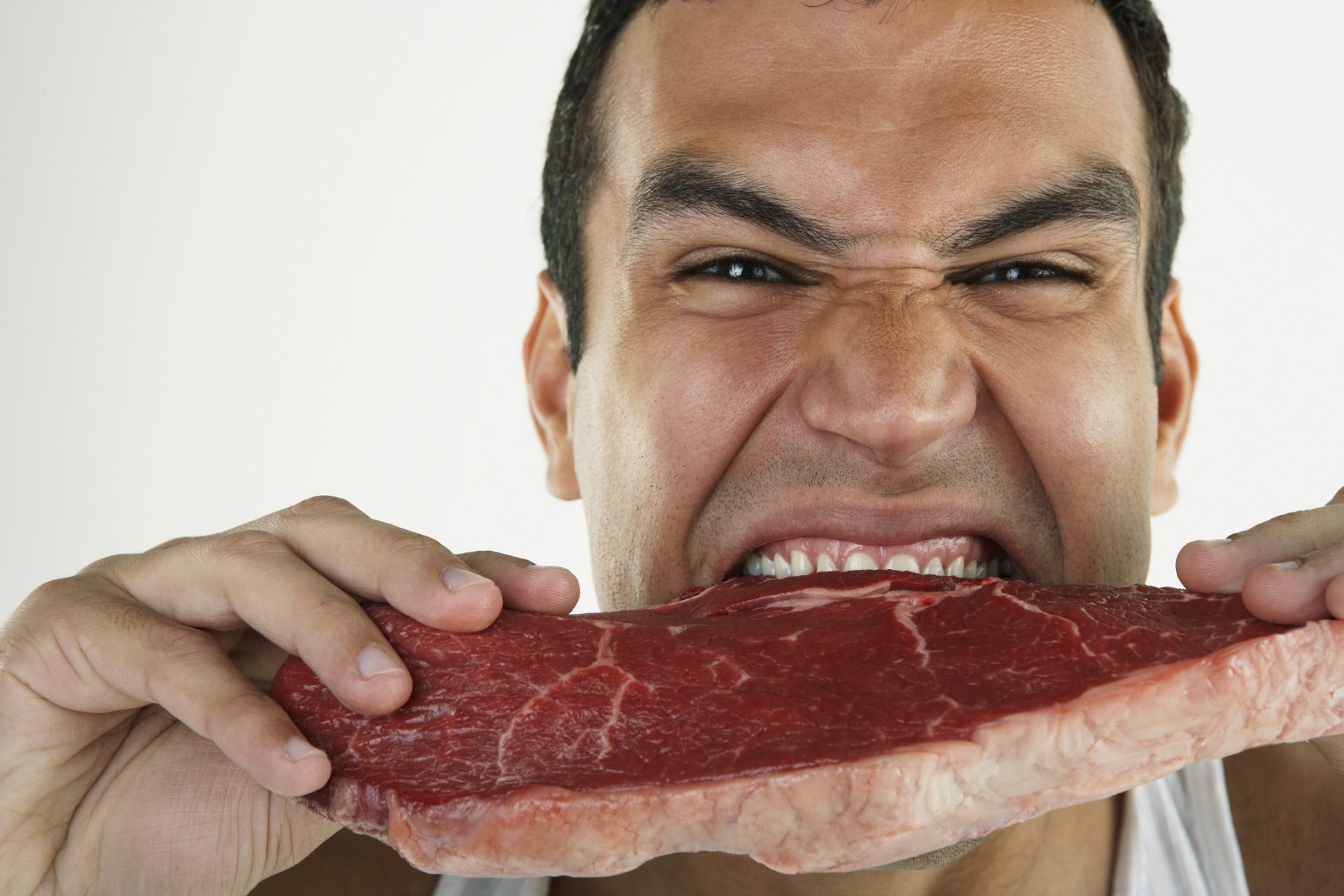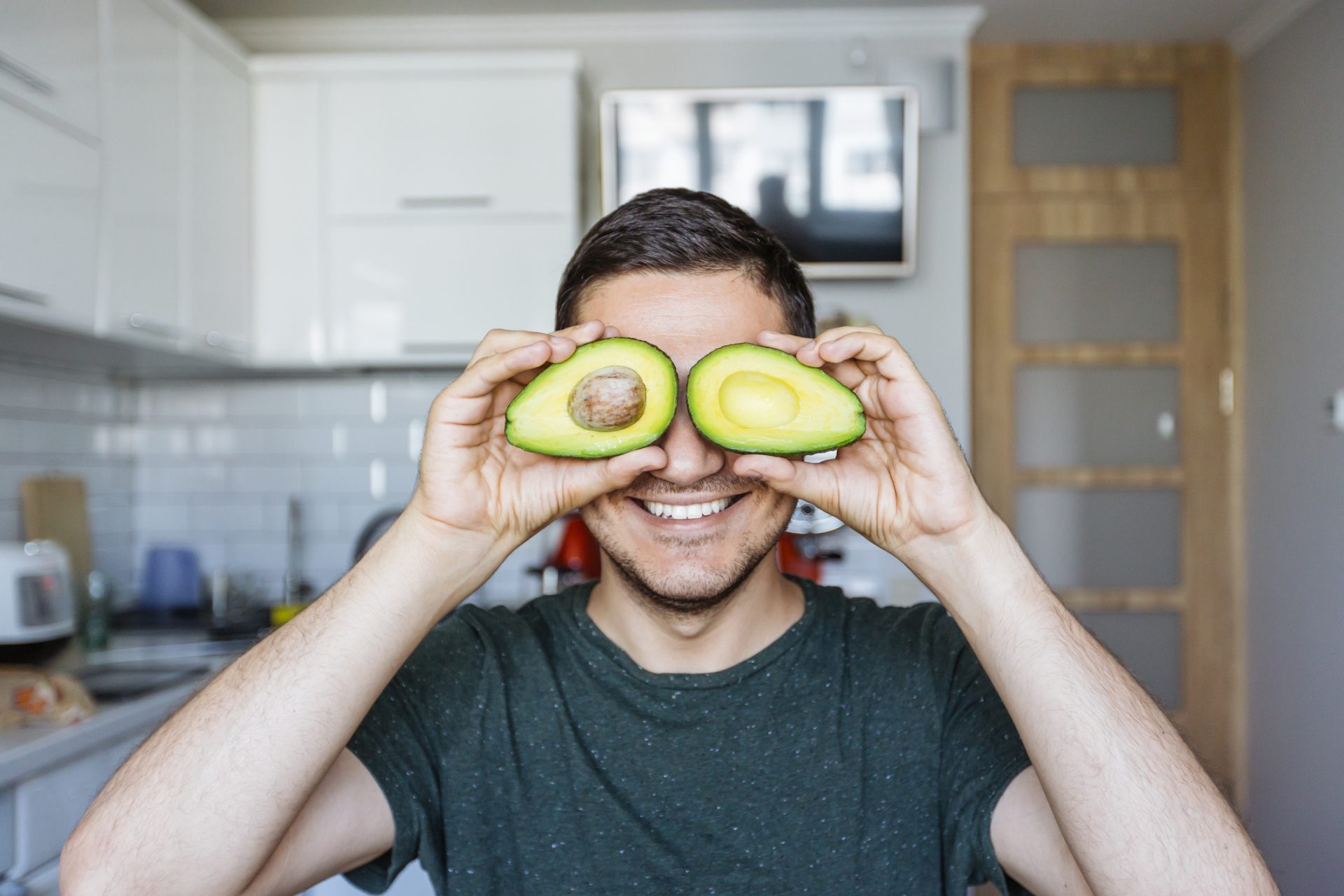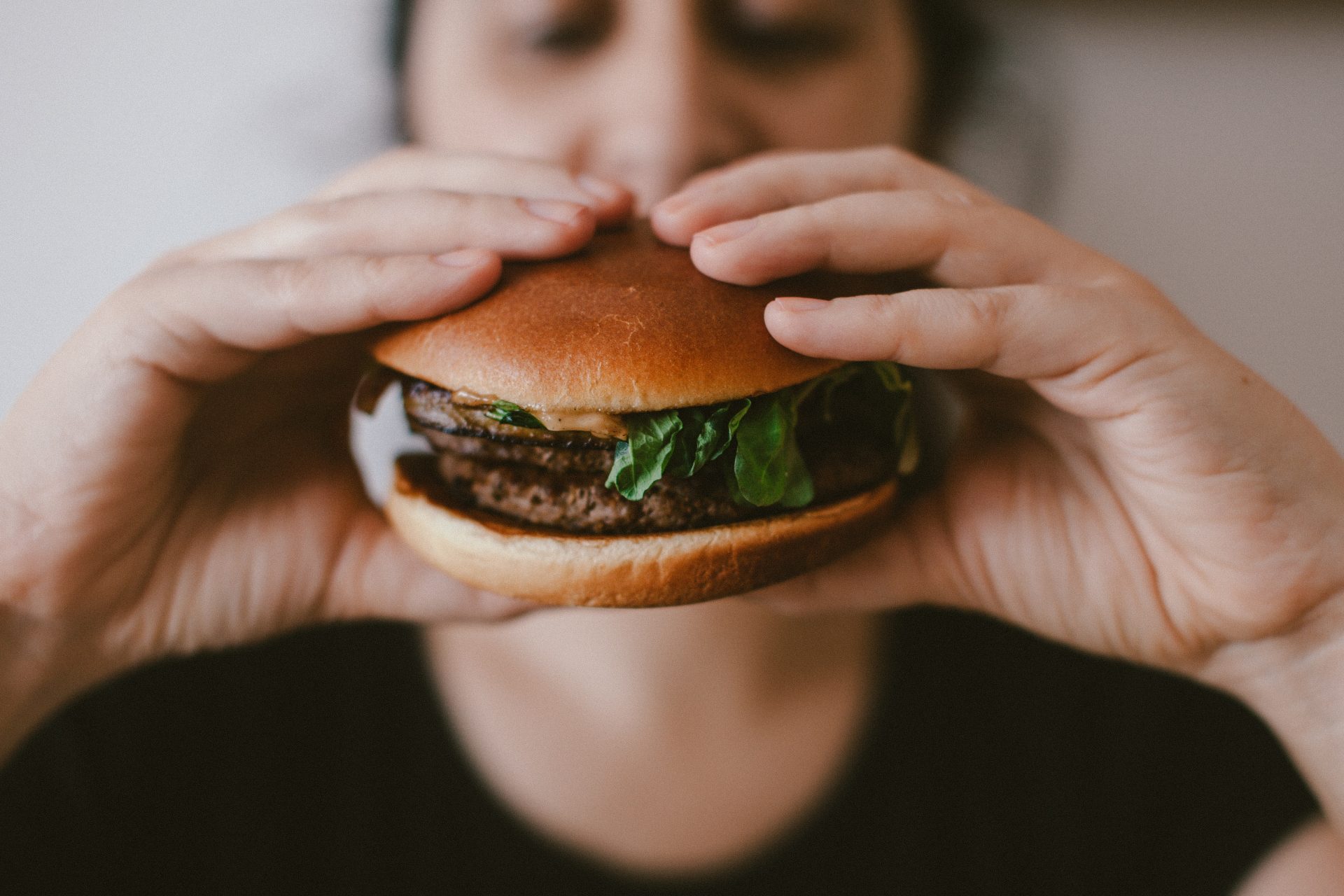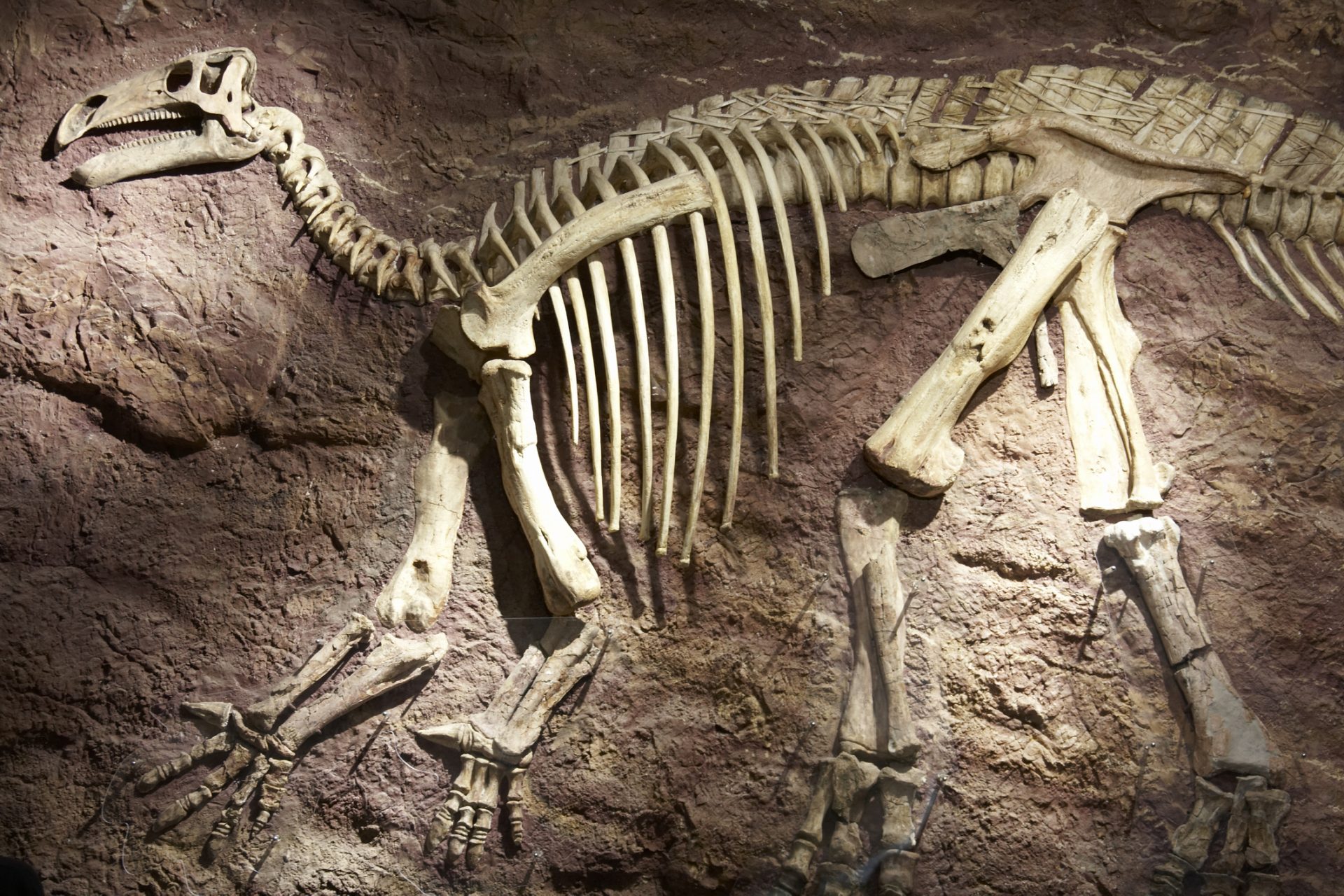Research finds men who don't eat meat are seen as less masculine
New research recently uncovered that males who eat vegan or vegetarian diets are perceived as less masculine than their meat-eating counterparts. Here’s why the findings matter, as well as the many other diet-related stereotypes the study revealed.
Published in the journal Sex Roles, the researchers of the new study wanted to explore the stereotypes and perceptions surrounding vegan and vegetarian diets since research had found that food choice can be affected by gender roles.
“Research shows that women and men have different attitudes toward food and eating habits, which may stem from societal gender roles,” the study’s authors detailed before explaining the prevailing diet perceptions in modern society.
PsyPost’s Eric Dolan explained in his review of the study’s research that choices about diet in the modern world don’t exist in a vacuum but rather are influenced by the societal norms and perceptions that exist in our modern world.
Photo by Spencer Davis on Unsplash
Eating meat is associated with masculinity whereas choosing to consume smaller meals is perceived as more feminine. Using gender roles as a lens, the researchers wanted to show how diet perceptions impacted health, the environment, and the economy.
“We were interested in this topic because many theoretical works link meat to masculinity, and we were interested in seeing how much a person’s perception, especially of men, really depends on what kind of diet they are on,” explained study author Dominika Adamczyk.
“We wanted to translate theoretical considerations into quantitative and qualitative observations on the perception of men on a vegan/vegetarian diet in society,” Adamczyk added. But how did they go about deciphering diet perceptions?
First, Adamczyk and her fellow researchers conducted a quantitative study designed to investigate the perceptions and experiences of 1,048 Polish men and women. It focused specifically on their personal relationships.
Photo by Wiktor Karkocha on Unsplash
Participants were asked a series of questions that gauge their attitudes towards people who adhered to a vegan or vegetarian diet and were asked how they would react if their significant other switched to a vegan or vegetarian diet.
Findings from the first study revealed that 59% of participants believed that a vegetarian diet was not suitable for men while 69% said that it would be easier for a woman to give up meat than it would be for a man to do so.
Photo by Szabo Viktor on Unsplash
Interestingly, 31% of participants said that it was not possible to build a strong body on a vegetarian diet while 52% thought the same thing for a vegan diet. However, the most interesting results came from the reactions to significant others making the switch.
Women were significantly more open to their partners switching to a meatless diet than men while 35.3% of men and 27.5% of women said that they would be unhappy if their partners switched to a vegetarian diet.
Photo by sarah b on Unsplash
In contrast, the researchers reported that 23.6% of men and 15.7% of would be satisfied if their partners made the switch to vegetarianism. 22% of men and 13.1% of women noted that a switch in diet decreases their partner's attractiveness.
Photo by Crew on Unsplash
The second study took a qualitative approach to the problem and researchers gathered 36 vegans or vegetarians into 6 focus groups so they could ask them about the issues, stereotypes, and perceptions they faced related to their diets.
Photo by NordWood Themes on Unsplash
A clear pattern emerged in the focus groups that revealed a specific set of stereotypes and perceptions attached to males on a vegan diet. They were seen as weak, unmanly, and even gay for their choice in diet. But that wasn’t the most surprising finding.
“What surprised us most was that negative thinking about male vegans (that they are unmanly and weak) is also present among female vegans,” Adamczyk said. “The female vegans themselves were surprised that they have such stereotypical thinking.”
Photo by Christopher Campbell on Unsplash
“The main finding of our study is that eating meat is part of how masculinity is performed,” Adamczyk said. “The perceptions of vegan and vegetarian men are associated with negative stereotypes about their lack of masculinity, and vegan men themselves experience exclusion as a result.”
More for you
Top Stories






























